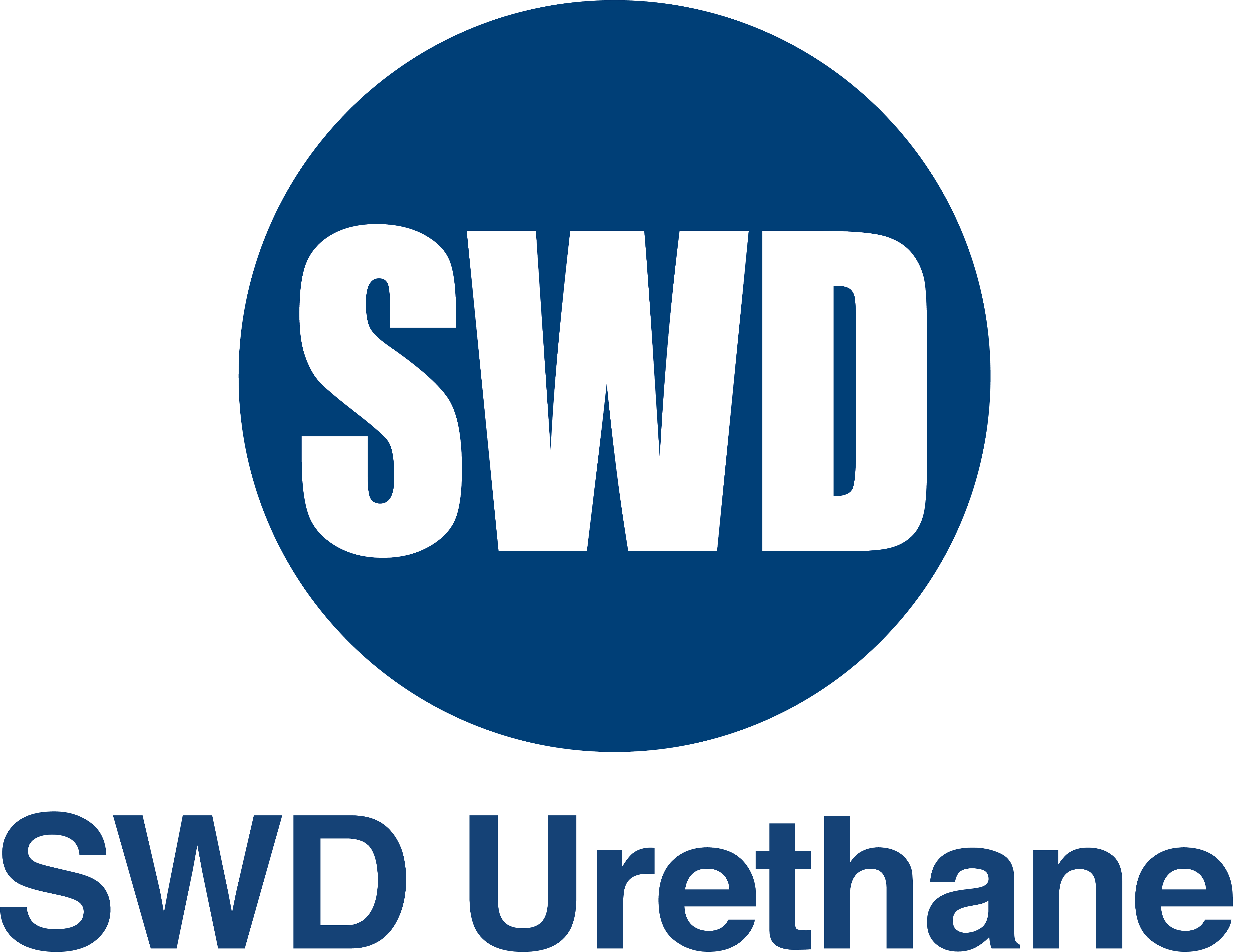Everyone desires to live in a home with excellent temperature regulations throughout the year. Exceptional insulation is the go-to solution, protecting your home against the cold in winter and excess heat in summer. Yet, insulation benefits do not stop at keeping your indoor temperatures in check. Instead, it promotes energy efficiency. The following instances show how insulation can conserve energy.
Temperature-Regulated Attics
Insulating the attic ensures that no air escapes the house and no air from outside comes in. It ensures that the attic maintains a regulated temperature level, keeping the house significantly comfortable in the long run. By extension, you are sure of a more energy-efficient home.
Excellent attic insulation saves you up to 20% on energy costs. It will also help reduce the wear and tear of your heating and ventilation air conditioning system, saving you money on maintenance and repair. However, compare different insulation options to find a suitable one for the attic. Sprayed foam works best in the attic, especially when dealing with mold.
Is Wall Insulation Invaluable?
Walls can significantly contribute to temperature destabilization or regulation. Insulating these walls will help improve energy efficiency in the household. You could attribute this to the increased ability to deter air or heat entry and exit, essential in indoor temperature regulation. The energy efficiency will vary with the insulation method adopted.
Buildings lose between 30% and 40% of heat through their walls. Insulating the walls will bring this figure down to between 5% and 10%, meaning that your living room will be significantly more comfortable in the long run.
Sealing Air Leaks
Air leaks contribute to heat loss or an increase in the room. Filling these holes or gaps will cushion you against drafts, requiring you to rely less on HVAC systems to regulate indoor temperature. Remember, even homes with the best insulation could let in air drafts, compromising temperature in the long run. Sealing any openings will minimize such exposure, contributing to significant energy efficiency in the long run.
Fortunately, insulation could also help seal these air leaks. The materials used in insulation are bad conductors, meaning that they will reduce heat loss by conduction. You will also rely on this material to prevent air circulation in the room, reducing heat loss by convection.
Additionally, insulation can help seal ducts. This move will lower your energy bill by up to 20%. This will help minimize heat loss, relieving HVAC systems of the burden of keeping the room regulated.
Reflective Properties
Various insulation materials have reflective properties, acting as a radiant barrier. Reflecting the heat radiated into the attic or living room will cushion you against high temperatures. While these reflective properties aim to keep the room cool, they offer a slight reprieve in energy efficiency.
The benefits of adding insulation to lower your energy bill are numerous. Insulation is central to energy efficiency. It minimizes heat loss, regulating indoor temperature. Yet, you need the best installers to help with this project. Ace Insulation Inc. is your go-to company in this case. We have experienced technicians that will help choose and install suitable insulation options to match your needs. Call us today via (707) 584-8377 for a comprehensive quote.


